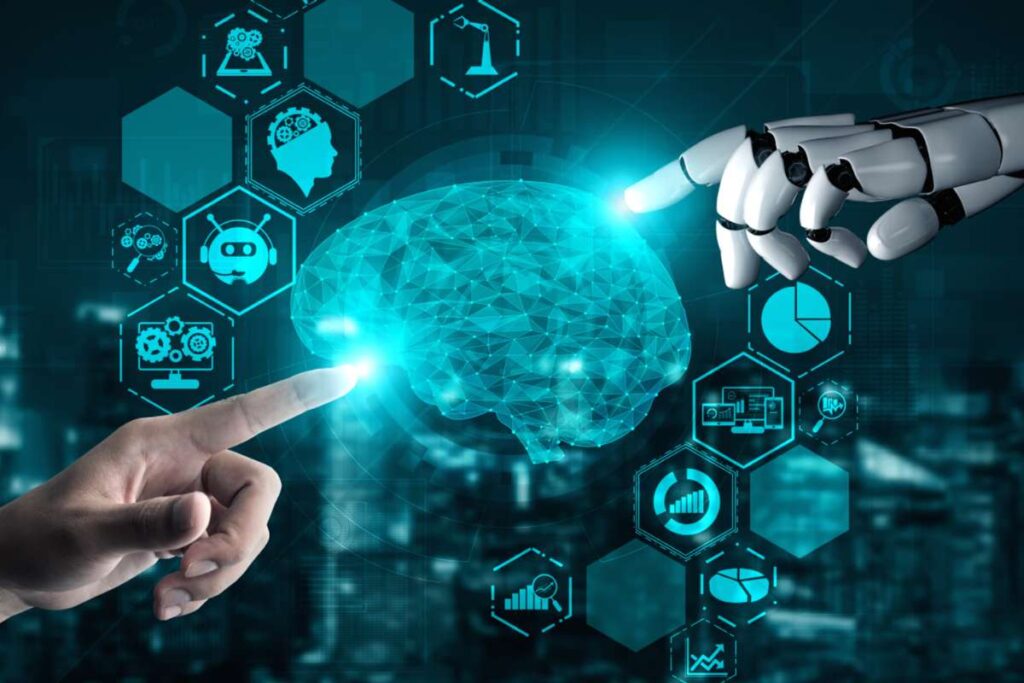As AI continues to reshape the workforce, the role of entry-level positions is coming under pressure. Historically, entry-level jobs have served as vital stepping stones for individuals entering the workforce, providing essential training and experience across sectors like finance, journalism, and sales. However, with AI-driven technologies advancing rapidly, many of these once foundational positions are increasingly at risk.
On International Workers’ Day, a global observance dedicated to labor rights, the potential impact of AI on entry-level roles is a key concern. According to recent studies, AI could automate up to 50% of tasks performed by market research analysts and sales representatives, while only slightly affecting higher-level roles. AsInternational Workers’ Day in AI technology advances, it’s expected to displace a significant portion of jobs—particularly in white-collar sectors where automation is most feasible. Research estimates suggest that nearly 50 million jobs in the U.S. could be impacted over the next few years as AI continues to evolve, making these roles less accessible to new talent.
AI’s Dual Impact on Employment: Challenges and Shifting Expectations
The rise of AI brings both opportunities and challenges to the workforce. The Forum’s Future of Jobs Report 2025 indicates that 40% of employers plan to reduce their workforce due to AI automation, particularly in roles where tasks can be handled by machines. While AI is expected to create millions of new jobs, it will simultaneously displace many others, leading to a net loss of roles in certain sectors. The technological disruptions are anticipated to create a talent gap, especially as entry-level positions diminish and salary expectations shift.
A recent survey found that nearly half of U.S. Gen Z job seekers believe AI has devalued their college education in the job market, signaling a shift in how educational qualifications are perceived. Meanwhile, companies in the U.S. are increasingly outsourcing business operations to countries like India, where skilled labor is available at a fraction of the cost, intensifying global competition for white-collar jobs. These developments could exacerbate challenges related to social mobility and equal representation in the workforce, as AI may favor individuals with specialized skills while excluding others.
Opening New Doors: How AI Can Democratize Job Access?
While AI poses challenges for entry-level roles, it also has the potential to open new doors for workers by democratizing access to jobs. According to experts, AI can help individuals gain the technical knowledge and skills AI and the Future of Work: Shifting Career Paths and Opportunities on International Workers’ Day historically required for specialized positions, making it easier for qualified workers to enter fields that were previously out of reach.
Rather than completely eliminating entry-level jobs, AI may redefine traditional career paths, enabling companies to use AI tools for training and upskilling the next generation of senior professionals. Law firms, for example, are moving away from the billable hour system, while other sectors are placing greater emphasis on apprenticeships and hands-on learning experiences. As AI continues to embed itself into workplaces, employers will need to invest in upskilling programs to prepare their workforce for an AI-driven economy, ensuring a balance between automation and human talent development.
Other Labour News Highlights
Amid ongoing economic restructuring, China has announced plans to extend unemployment insurance policies and job retention incentives through International Workers’ Day 2025. In the U.S., President Donald Trump has signed an executive order aimed at expanding job opportunities in emerging industries, including the creation of over a million apprenticeships annually. In Europe, the European Commission’s “Union of Skills” initiative seeks to future-proof education and training systems. Meanwhile, South Korea faces a sharp decline in youth employment, marking its most significant drop in over a decade. On the financial front, regions with a higher concentration of AI jobs are seeing increased investor confidence, with lower municipal bond yields and rising tax revenues.

